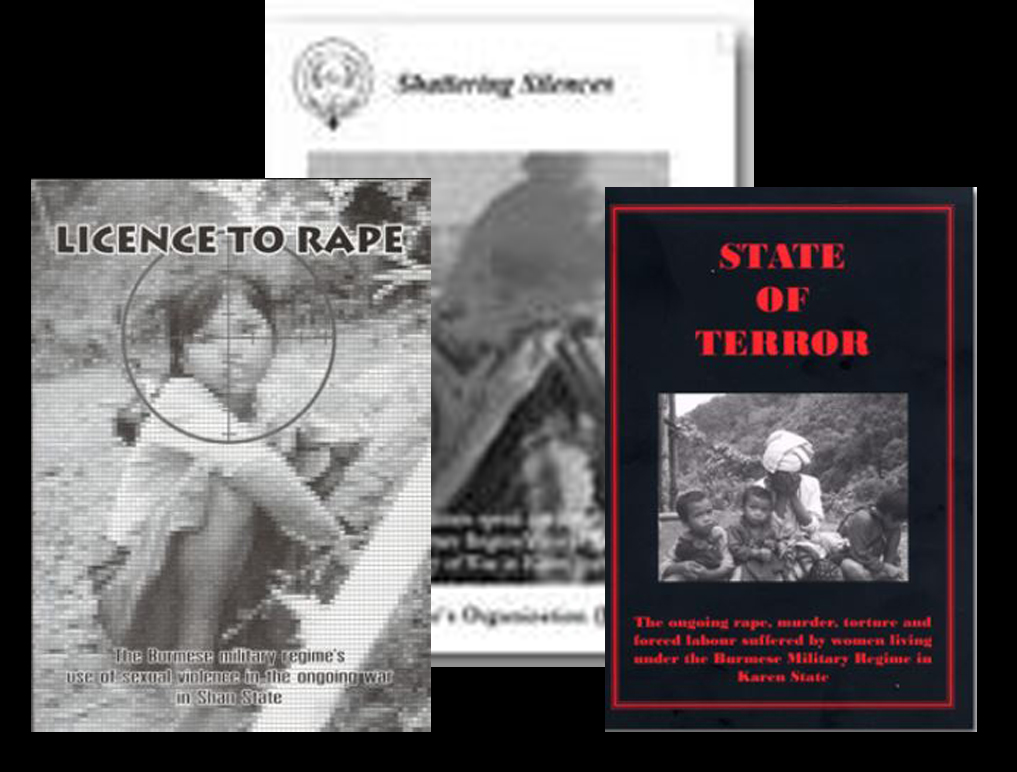Burma fails to sign sexual violence declaration

Burma’s refusal to sign a declaration against sexual violence comes despite pressure from the British government.
The declaration of commitment to end sexual violence in conflict was launched by the British Foreign Secretary William Hague and Zainab Hawa Bangura, Special Representative of the Secretary-General on Sexual Violence in Conflict, at the United Nations in New York.
On Tuesday 24th September 115 countries signed the declaration.
The declaration contains commitments to end impunity, encourage accountability, and provide justice and safety for victims of sexual violence in conflicts.
“The failure of Burma’s President Thein Sein to support the declaration to stop sexual violence in conflict demonstrates a lack of willingness to address the issue of sexual violence in conflict in Burma.” Burma Campaign UK – a human rights advocacy group specializing in Burma and based in the UK – said in a statement to the media.
Thein Sein, an ex-general, has received wide international attention for overseeing a rapid opening up of the once isolated nation. Releasing political prisoners and liberalizing the economy has been met with visits from high-level foreign leaders, such as the British Prime Minister David Cameron, and the lifting of sanctions by democratic governments across the world.
Yet his leadership has also seen renewed ethnic civil conflict and ongoing reports of human rghts abuses by Burma’s all-powerful military.
Since Thein Sein became President, there has been renewed conflict in Kachin State and parts of Shan State and reports of rape and sexual violence being taken out by Burma’s Army against locals with impunity are not uncommon.
As yet, no action has been taken to end impunity for rape by Burma’s Army, and Thein Sein and his government have failed to acknowledge that such abuses even take place.
“The use of rape and sexual violence in conflict in Burma must be stopped. If Thein Sein refuses to co-operate, then international legal action should be taken to prevent these crimes. For many ethnic women, rape by Burmese Army soldiers is a daily fear, and justice seems to be just a distant dream,” said Zoya Phan, Campaigns Manager at Burma Campaign UK.
Indeed, the failure of Burma to sign the declaration may also call into question the effectiveness of British government policy on Burma.
Since reforms began in the country, the British government has performed a dramatic about-turn on Burma policy, no longer supporting strong pressure as a means to promote human rights, and instead arguing that building a closer relationship with the government of Burma would give it more influence to promote human rights.
Yet despite at least two high level meetings between British politicians and Burma’s government before the declaration there has been no headway. Back in a December 2012 visit to Burma, Foreign Office Minister Hugo Swire asked for Burma’s government to participate in the Preventing Sexual Violence Initiative. Then in July 2013, Foreign Secretary William Hague also requested President Thein Sein to participate when Thein Sein visited the UK. The request has been ignored.
Zoya Phan was critical of British policy. “When it comes to Burma and the issue of sexual violence, William Hague should understand by now who he is dealing with, and demand Thein Sein to fully commit to an end to rape and sexual violence”, she said.




